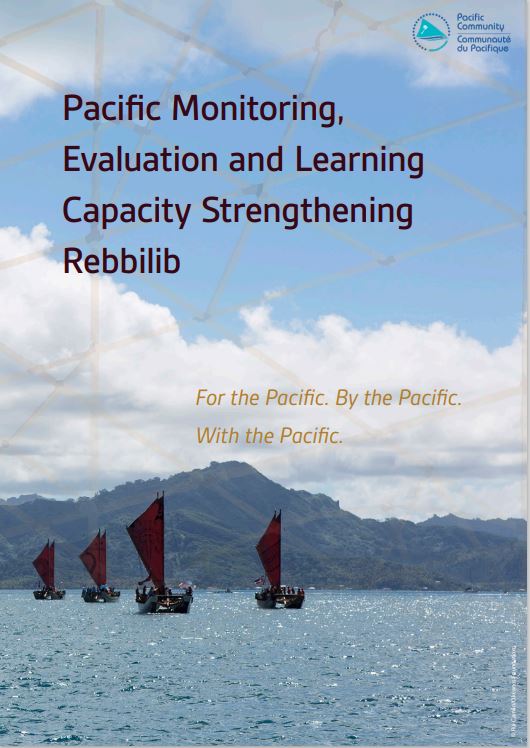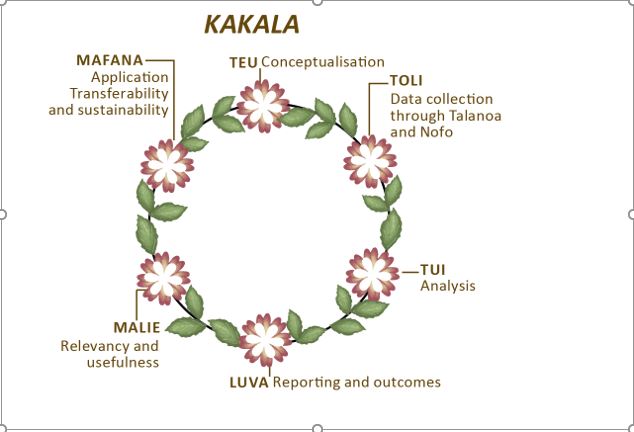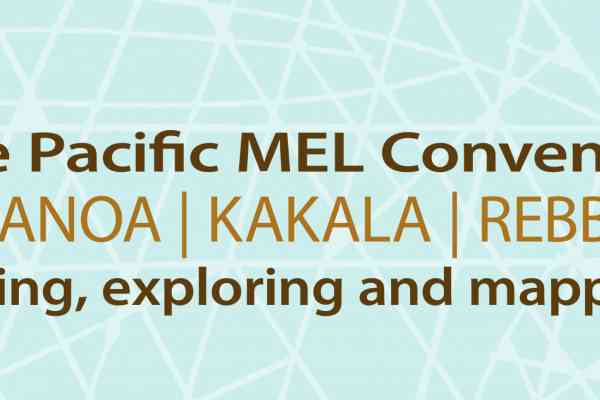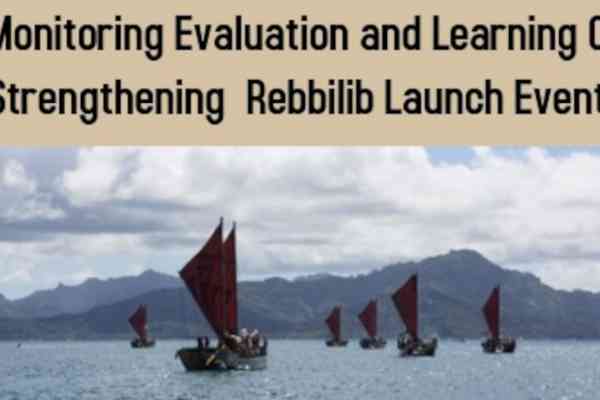Amélioration continue de systèmes de suivi-évaluation et apprentissage clés, pour bâtir l’Océanie de demain – Alors qu’elle célèbre 75 ans d’action au service de la région, la Communauté du Pacifique réaffirme son engagement en faveur d’un avenir durable de prospérité et de santé dans son nouveau Plan stratégique 2022-2031+.
(contenu complet disponible en anglais uniquement)
Continuously improving Monitoring, Evaluation and Learning systems key for Pacific future
As the Pacific Community (SPC) marks 75 years of service to the region we are reaffirming our commitment to a sustainable, prosperous and healthy future through the vision laid out in new Strategic Plan 2022-2031+ .
Since its foundation, SPC has been an organization centred around working in the ‘Pacific way’. Our focus on regional collaboration, ownership and values has created a level of trust and pride across our membership.
Our new Strategic Plan builds on this history, going further in showing the deep connection between the work we do, the cultures in which we live and the people we represent. This can be seen even within the language we use, where our values of Aroha (Care), Gida Gaituvwa (Unity), Enginkehlap (Generosity), and Kaitiakitanga (Stewardship) are both a practical guideline and an indication of Pacific ownership.
As we look towards the next 75 years of service to the region, SPC is pleased to announce the launch of Phase II of the Strengthening Pacific Monitoring Evaluation and Learning (PacMEL) project. The project will draw upon the lessons and learnings from the PacMEL Rebbilib document which encapsulates experiences from the inaugural Pacific MEL Convening in Fiji which took place in 2019.
The Fiji meeting was an important milestone not only for adjusting and validating initial research findings but also for sourcing champions and stakeholders who will are committed to realising a self-determined Pacific MEL system. The Rebbilib provided an opportunity to chart new ways forward to support the needs of the Pacific and our people. From that Convening one very clear message emerged, Pacific leadership of MEL processes and systems will lead to stronger systems and communities. The three domains in the Rebbilib; people, partnerships and planning, collecting, verifying and analysing data, and using data for decision making, will guide the work of this second phase.

- strengthen MEL capacity in Member countries,
- foster knowledge sharing and networking opportunities,
- promote & honour the wisdom of Pacific methodologies and ways of knowing,
- coordinate opportunities for a strengthened Pacific MEL environment and,
- provide a platform for Pacific MEL voices to be heard.
Steering this Va’a for SPC are the project team Ms Fiona Fandim, Monitoring Evaluation and Learning Advisor, and Mr Kaita Sem, Relationships and Learning Advisor (Strengthening Pacific MEL). Both have cultural ties across the Pacific including Papua New Guinea, Niue, New Zealand, and the Cook Islands, and bring over 15 years of Pacific research, convening and MEL experience to the project.

We welcome our partners, Pacific and Indigenous MEL practitioners, SPC colleagues and communities to join this collaborative network to receive and provide feedback for ensuring the relevance and impact of this project, you are warmly invited to highlight your interest to Kaita and Fiona by sending an email to [email protected] and [email protected].
For more information on methods used for the early inception of the PacMEL project follow this link.


